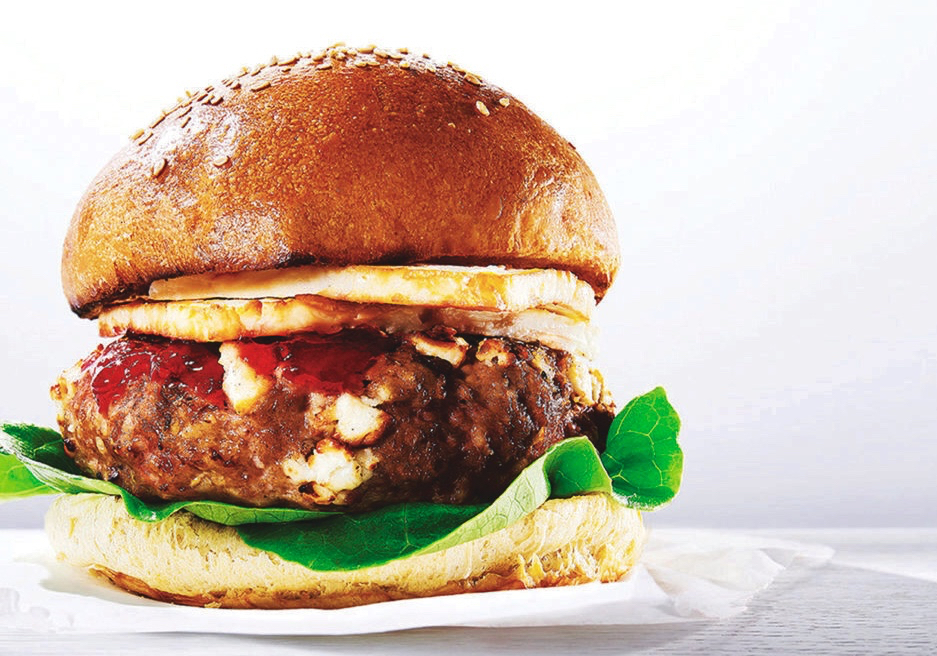Americans need to cut back dramatically on sugar consumption, the American Heart Association said Aug. 24 in a recommendation likely to rile food and beverage companies.
The group said women should eat no more than 100 calories of added processed sugar per day, or six teaspoons (25 grams), while most men should keep it to just 150 calories or nine teaspoons (37.5 grams).
That’s far below the 22 teaspoons (90 grams) or 355 calories of added sugar consumed by the average American each day, according to a 2004 government survey.
The researchers took particular aim at the estimated $115 billion U. S. market (all figures US$) for soft drinks, which they said represent the No. 1 source of added sugars in the American diet.
Read Also

Cooking fish of Manitoba: Keep your catch fresh and tasty for the table
Fishing in Manitoba provides mouthwatering meals, assuming anglers handle, process and cook their fish properly before sitting down to eat. Here’s how, with recipes and fish preparation tips.
“For the first time we’ve created specific recommendations about the amount of sugars that can be consumed in a heart-healthy diet,” Rachel Johnson of the University of Vermont, lead author of the policy statement published in the journal Circulation, said in an interview.
Johnson said U. S. labels on packaged foods do not distinguish between naturally occurring or added sugars, but she said anything labelled “syrup” in the ingredients list is likely an added sugar.
Too much sugar not only makes Americans fat but also is a key culprit in diabetes, high blood pressure, heart disease and stroke, according to the report.
U. S.Department of Agriculture dietary guidelines recommend taking in less food or drink with added sugars but do not give specific calorie limits.
The Sugar Association, a U. S. sugar industry group, said in a statement it was “very disappointed” with the report, which infers a direct correlation between sugar intake and heart health, and noted that “very few of the cited references by the AHA are directly related to sugars and heart health impacts.”
The American Beverage Association said sugar-sweetened drinks do not pose a particular health risk.
“Like many foods, soft drinks and other sugar-sweetened beverages are a source of calories, but in and of themselves, they are not a unique risk factor for obesity or other negative health outcomes – including heart disease,” Dr. Maureen Storey, a spokeswoman for the group, said in a statement.
While the heart experts said no single food or food group is to blame for the nation’s obesity epidemic, they said many studies have shown a correlation between higher intake of sweetened beverages and obesity.
“Over the past 30 years, total calorie intake has increased by an average of 150 to 300 calories per day, and approximately 50 per cent of this increase comes from liquid calories (primarily sugar-sweetened beverages),” the report reads.
Daily consumption of sweetened soft drinks rose 70 per cent between 1970 and 2000. One 12-ounce can of regular soda contains roughly 130 calories, which exceeds a woman’s daily discretionary sugar budget.


















